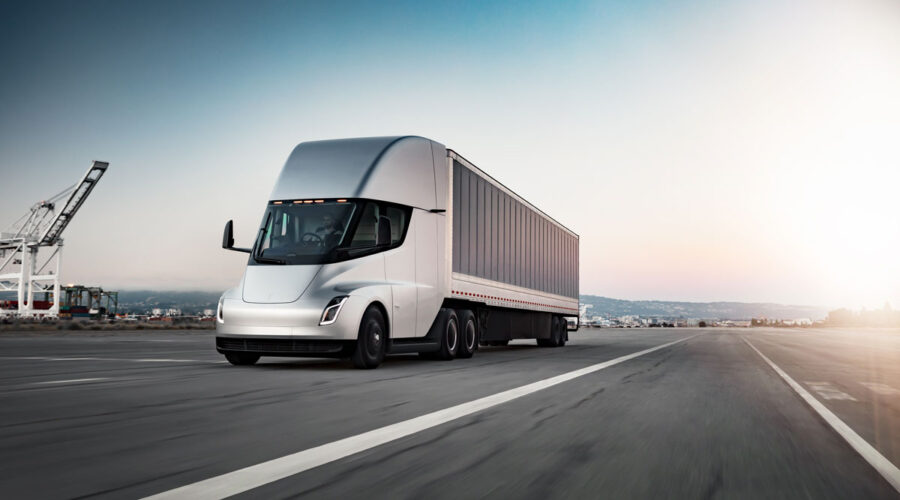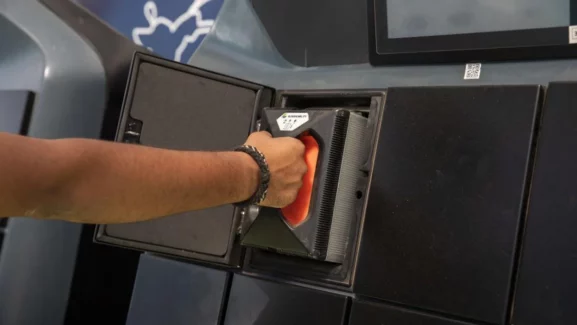The Future of Electric Trucks in India: Accelerating Towards a Green Horizon
India, a country known for its vibrant automotive industry and burgeoning transportation sector, is gearing up for a significant transformation in the world of trucks. With the growing concerns over environmental degradation and the urgent need to reduce greenhouse gas emissions, the focus is now shifting towards cleaner and more sustainable alternatives. In this context, the future of electric trucks in India appears promising, with an increasing adoption rate, enhanced efficiency, and a positive growth outlook for the market.
Adoption Rate: Shift Towards Electrification
Ahead of Japan and Germany, India is the third-largest automobile market in the world in terms of sales. The time is now for manufacturers and decision-makers to collaborate in order to shift consumer demand towards greener solutions. With a 7.1% GDP share and a vast number of employees, the automobile sector is a significant economic force in India.
The Indian government has set a target to expand the adoption of electric vehicles over the next ten years, focusing on increasing purchases of two-wheelers. However, electric vehicles only make up around 2% of all car sales in India.
Sales in India are anticipated to increase by 40% to 45% by 2030, with 13 million new automobiles sold each year after that. India’s four-wheeler market will only increase by 15-20% by 2030, with one million new cars being sold annually.
By 2030, there should be about 930,000 light commercial vehicles and about 175,000 buses, based on adoption rates for light trucks and buses of 20–25% and 15-20%, respectively. The adoption of EVs for big vehicles has been the slowest, similar to the rest of the world.
Efficiency: A New Paradigm of Performance
Electric trucks offer numerous advantages over their conventional counterparts, including improved efficiency. The unique characteristics of electric propulsion systems, such as instant torque delivery and regenerative braking, enhance overall operational efficiency. These trucks deliver excellent acceleration, making them well-suited for urban logistics, last-mile delivery, and intercity transportation.
Moreover, electric trucks contribute to reduced maintenance costs compared to traditional diesel trucks. The absence of complex internal combustion engines and fewer moving parts translates into lower maintenance requirements and increased reliability. As a result, businesses stand to benefit from reduced downtime and higher uptime, leading to improved operational efficiency and cost savings.
Growth Outlook: A Blossoming Market
The future growth outlook for the electric truck market in India is incredibly promising. Market research suggests that the electric commercial vehicle market is expected to witness robust growth, driven by increased demand for cleaner transportation solutions. Several established and emerging automakers have already introduced or announced plans to launch electric truck models in India, reflecting the market’s potential.
Additionally, the Indian government’s initiatives to develop charging infrastructure and promote indigenous manufacturing of electric vehicles provide further impetus to the growth of the electric truck market. As charging infrastructure expands, range anxiety diminishes, and charging times reduce, electric trucks will become an even more attractive option for fleet operators across the country.
Furthermore, the rising environmental consciousness among consumers and businesses, coupled with a growing preference for sustainable solutions, will drive the demand for electric trucks. These vehicles align with the global trend towards decarbonization, making them a compelling choice for companies looking to reduce their carbon footprint and enhance their environmental credentials.
Conclusion
The nation’s overall greenhouse gas emissions will be greatly reduced by the electrification of vehicle transport. In India, the electrification of the heavy logistics industry is still trailing behind while electrification of two- and three-wheelers, vehicles, and buses is gaining momentum.



